It takes courage for us to assume that the rap scene in Nigerian music is still as secure as it can be. It is arrogant of us to believe that it shares the same throne as Nigerian afrobeats, and absurd to believe that rappers are doing anything to advance it. There should be a movement and a tag to not only bring it back from its dead status but also to give it the power and strength to attack the Nigerian music market head-on.
When you look closely at the Nigerian hip-hop scene, it is clear that there is a broken structure there. This includes the peculiarity of the genre, which causes most music lovers to thwart it, the never-ending competition for the title of “king of rap,” and how carefree most of these rappers are because they are skilled at what they do and deliver whenever they feel like it.
The music industry experienced what we now refer to as a great time in the early 2000s because of the abundance of rap songs with flows that were not only savvily and rhythmically delivered, but also consistently delivered. There was no need to debate who was better than the other because they let their music speak for them and assumed much confidence in their songs to prove their worth. Ruggedman, Modenine, Bouqui, Da Trybe, and Naeto C, among others, made more than enough of a mark during this time. Da Grin followed the route of an indigenous rapper and produced sleek lines in the Yoruba language.
We had Bouqui, Sasha P, Weird MC, and a few more representing the feminine gender who personified their talents with fiery recordings to exhibit their lyrical ability. This was in contrast to the hip-hop scene of today and that of the 2000s, where there was a host of though not many female rappers, but substantial presence of female rappers.
While the fact that we music enthusiasts don’t fully comprehend or even appreciate rap music beyond the fact that it fits into trends or is calming to our tastes is fairly comforting, it is also disheartening to see that these rappers aren’t making enough of an effort to desire to improve the standard in their craft. It’s acceptable to want to adhere to the rules of the genre, deliver bars like Eminem, and create rap music with in-depth lyrics. It’s also acceptable to experiment with sound, add other aspects to the rap, and reach an untapped audience—those who haven’t yet connected to their music.
Let’s face it; the excessive self-criticism that rappers give themselves has an unappealing stink. We are conscious of an artist’s legendary position, but we also understand that the content of his rap should go beyond that. On his most recent album, The Guy, MI devoted the first two to three tracks to laying down bars about how high up on the hip-hop ladder he is. He has done the same for all of his other projects by at least reiterating what I’ll call an already undisputed fact—the fact that he is a legend in Nigeria’s hip-hop scene, the artist perhaps might not the best but most seasoned.
The majority of Nigerian rappers have been determined to be guilty of this, therefore MI is not the only artist who releases incendiary tracks that gently disparage other rappers. There is only one issue left to be asked: If every rapper claims to be the best, then who are the “others” or “you guys” who are continuously mentioned in their rap songs? In the same way that Psycho YP, Ladipoe, and even Mr. Incredible assume the position of being the finest and put forth great effort to display it, Blaqbonez does the same.
One wouldn’t blame Blaqbonez for considering himself to be the best rapper in “Africa”; the artist makes extremely deliberate choices to strategically roll out his projects, gain internet fame in order to promote his music, and exhibits broad diversity through his rapping abilities. To say that you are unfamiliar with this rapper, you must reside somewhere other than Nigeria. It’s his constancy in releasing music projects and songs that has made him stand out in the music industry, along with the way he has mastered the art of rap music and his ability to appeal to a wider audience than just traditional rap fans. Simply told, Blaqbonez is a “for all” kind of artist.
Not every rapper has the vigor Blaqbonez does to promote his music and make sure it succeeds on par with other popular afrobeats artists. We live in a nation that is so endowed with talent that regardless of the genre an artist chooses to concentrate on; we will support him and his music. However, when an artist relies solely on his talent as a magnificent artist and does not actively promote himself, he will vacillate between staying afloat and drowning.
Without a question, Vector is a phenomenal rapper with incredible talents and flows. His most recent album, Teslim: The Energy Still Lives in Me, as well as his classic tracks from earlier in his career, King Kong, Shiiga, and now Early Momo, provide ample proof of his talent. The musician lacks the drive to intentionally promote his music across the nation rather than relying only on his legendary status, which in this case actually works to his advantage. Only those who will appreciate and adore his music will. It reveals the genuine admirers of his work.
Rap culture continues to decline over time. Not as a recommendation to release your track song, but rather with the way Nigerians love music, the pattern with Ladipoe’s fire tracks Feeling, Know You, and Blaqbonez Bling is an evident technique to discharge your craft into the dispersed space. A song with chill and vibes seems to connect with us more than one with overly cerebral lyrics.
Rappers would be more well-liked by music fans if they would just get off their high chair of reliant on the beauty of their work, forego the needless boasting about who’s better, and work hard like every other musician in the Afropop field. We need Ycee’s thundering music, MI’s consistent output, more people to be aware of Vector’s beauty, and a more open attitude toward aspiring rappers in the hip-hop community. Rappers in Nigeria aren’t subpar; they just don’t work hard enough to merit their accolades.


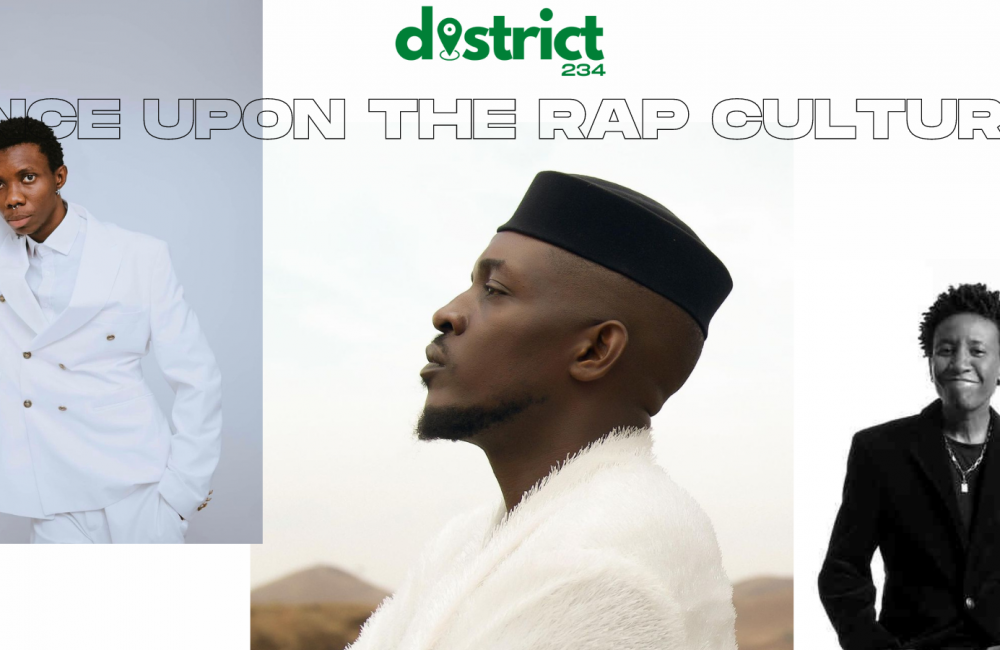
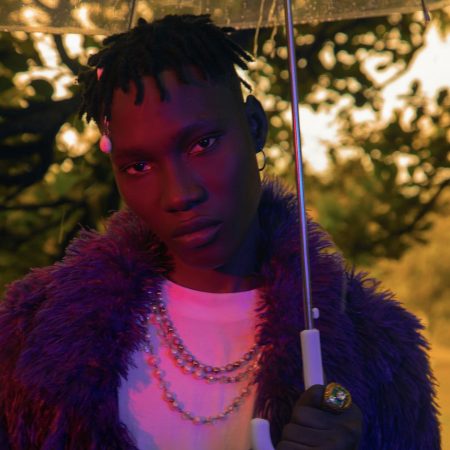
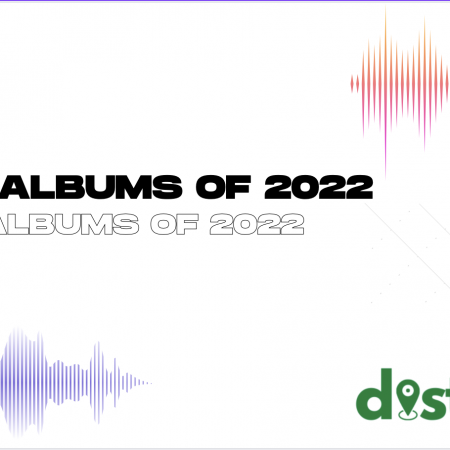



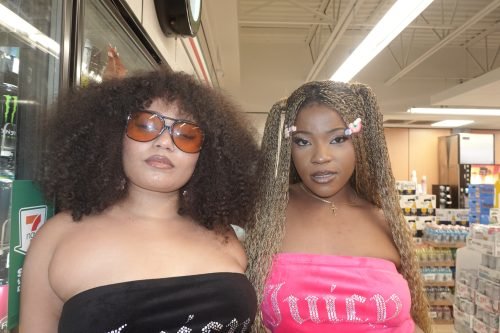
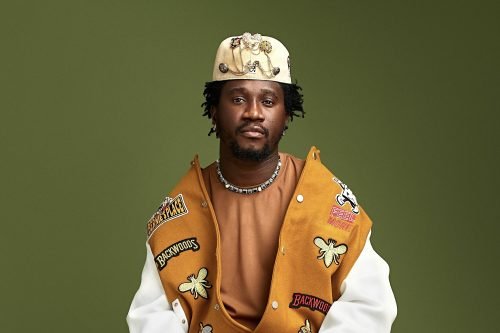
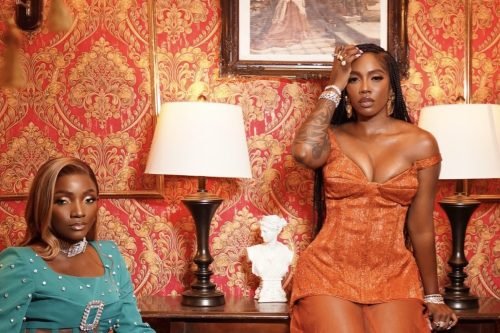
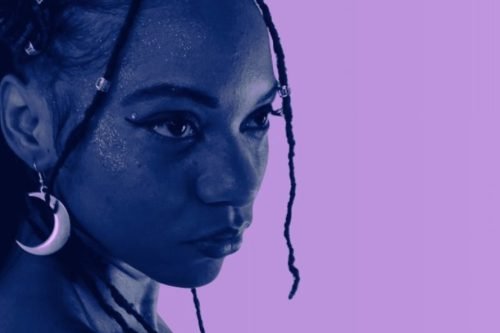
Leave a Reply